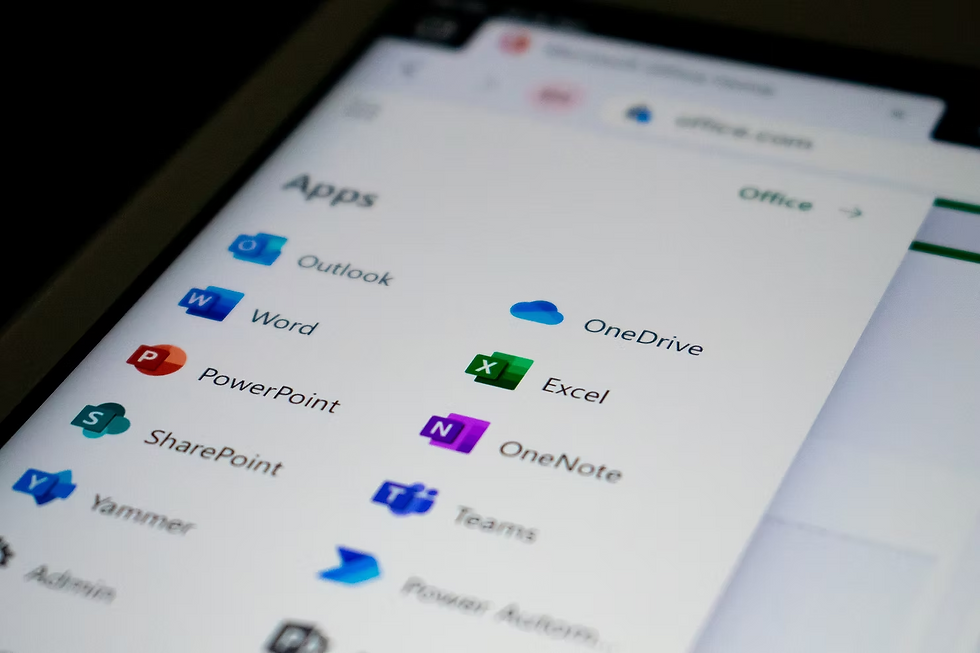What to Know Before Hiring a Chain Manager for Your Brewery
- Elizabeth Vach
- Aug 31, 2025
- 3 min read
Expanding into chain retail can be one of the biggest growth opportunities for a brewery — but it also comes with a steep learning curve. Many breweries quickly realize that managing chain placements is a full-time job. That’s where a chain manager comes in.
But what exactly does a chain manager do, how much do they cost, and what skills should you look for? Let’s break it down.
Why Chain Management Matters
Chain retailers like Kroger, Walmart, Food Lion, or Giant decide what goes on the shelf largely by data. They want proof that your brewery can sell, grow, and keep up with demand. To secure (and keep) shelf space, you’ll need to demonstrate:
Current footprint – what chains and states you’re already in
Performance data – how much your beer is moving
Growth trends – past sales growth and projected future growth
Execution – confidence that you’ll package, ship, and promote on time
This is why tools like VIP are so critical. Retailers use VIP (and platforms like LiveAisle, BrewBox 360, or Walmart portals) to track movement and supply. If your numbers don’t look strong, your placement risks being deleted when resets come around.
What a Chain Manager Actually Does
At its core, chain management is about data, organization, and communication. The role includes:
Building and maintaining Excel sheets and data reports
Coordinating with distributors and reps
Managing PowerPoint decks for chain presentations
Responding quickly to chain and distributor requests
Tracking performance through VIP and other portals
Ensuring seasonal and core SKUs are produced, shipped, and supported
For large retailers like Kroger, chain managers often just follow the provided templates. For smaller or regional chains, they may need to build full presentations (or work with your marketing team).
Much of the job is timing — responding quickly to requests, hitting submission deadlines, and staying organized when resets hit. Expect heavy activity in late summer/early fall (for spring resets), and again toward year-end (placement confirmations).
What Skills to Look For
If you’re hiring, prioritize these qualities:
Excel proficiency – most of the work lives in spreadsheets
Data fluency – ability to interpret and present sales data
Organization & responsiveness – chain work comes in waves
Communication skills – clear, professional updates to distributors and chains
Presentation ability – managing decks, planograms, and portals
Self-management – most of the work is remote, deadline-driven, and self-directed
With today’s AI tools (like Gamma for quick decks), the “design” skill isn’t as critical as it once was — but data and organization absolutely are.

What It Costs
Chain managers are not cheap. Expect:
Salary – often six figures for experienced professionals
Bonuses/percentages – many ask for performance-based incentives
Freelance or fractional options – some breweries start with a consultant or part-time manager before moving to a full hire
It’s a high-investment role, but one that directly influences your revenue potential in chain retail.
The Reality of Chain Communication
If you’re picturing endless meetings, think again. Outside of the very largest suppliers, most breweries will rarely get face-to-face time with buyers. Even if you land a Walmart or Kroger call, it may just be a 15-minute Zoom with little back-and-forth.
Most of the job is email, portals, and cold outreach. You’ll need someone willing to dig for contacts, ask for access, and sometimes make uncomfortable calls.
Why This Role Is Make-or-Break
Ultimately, your chain manager is the person ensuring:
Your placements are maintained during resets
Your distributors are aligned and executing
Your data proves value to retailers
Your seasonals and promos don’t leave gaps on the shelf
Comments